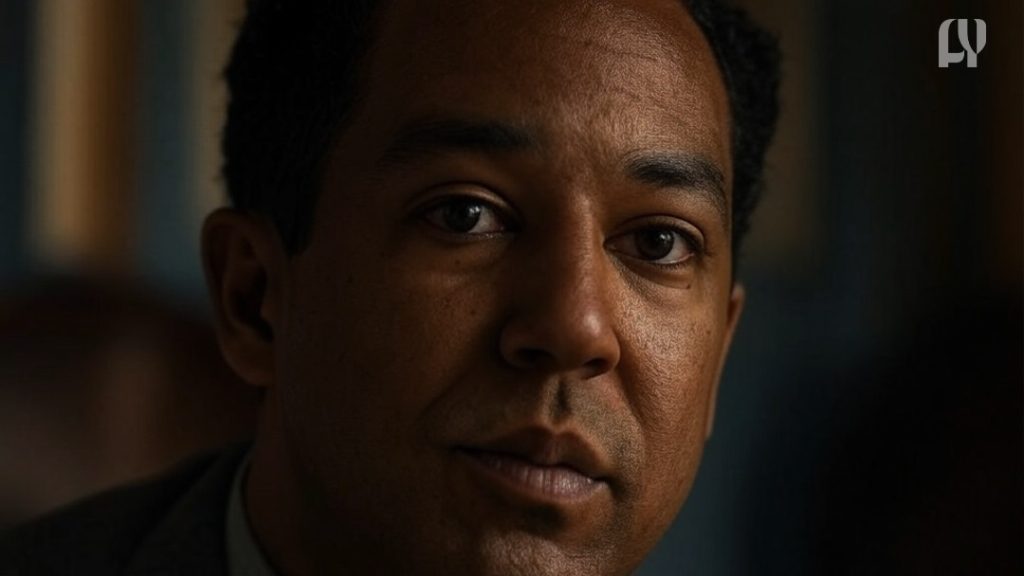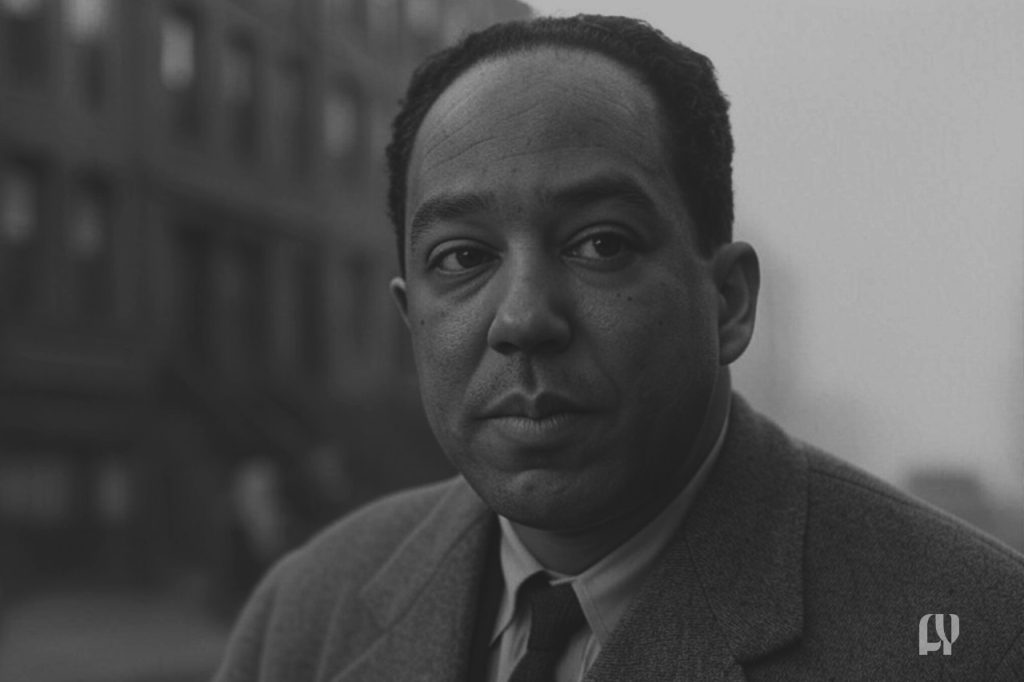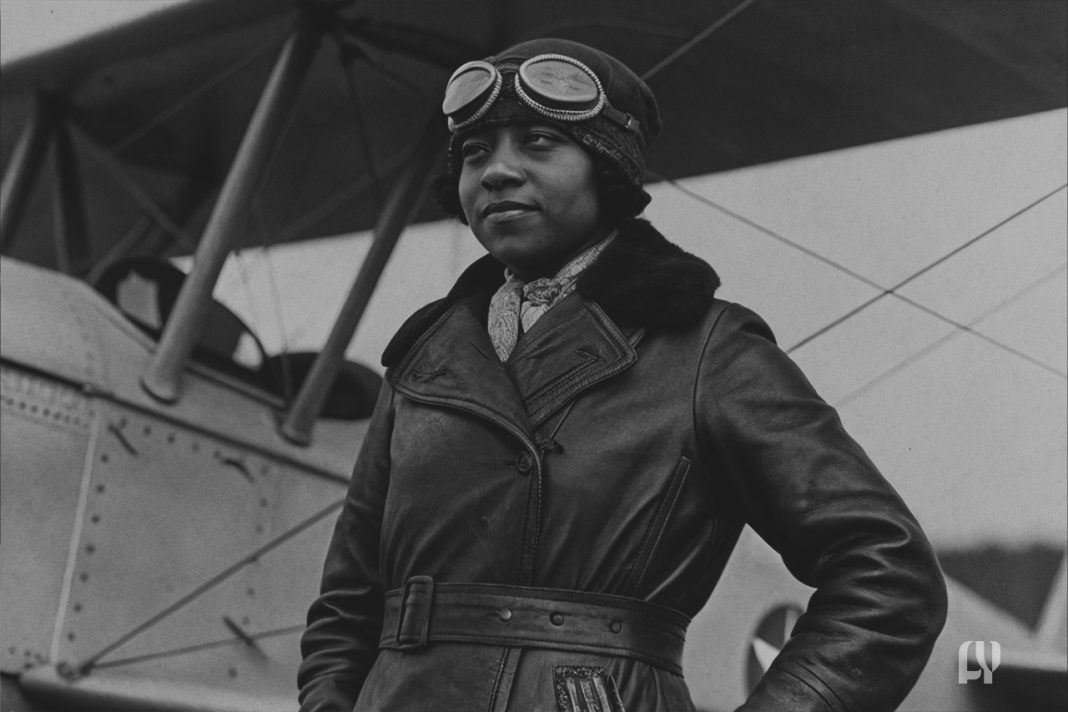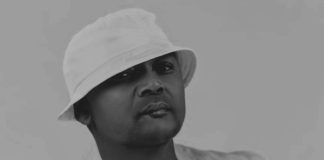Langston Hughes Legacy: The Voice of a People’s Struggle and Joy
In the heart of the 20th century, the world was grappling with war, inequality, and the fight for dignity. During this time, one man’s words became a beacon for millions. Langston Hughes was the poet who painted the Black experience in strokes of jazz, blues, and unflinching truth. He left a legacy that stretches far beyond the Harlem Renaissance. His work is steeped in the rhythms of everyday life. It continues to resonate, especially in places like South Africa. There, struggles for freedom and identity echo his verses. This tells the story of a boy from Missouri who became the people’s poet. It also explains why his voice still matters today.
- A Childhood Shaped by Roots and Restlessness
- The Harlem Renaissance: A New Black Voice
- Criticism and Controversy: “The Bard of the Low”
- The Global Poet: From Harlem to Soweto
- A Life’s Work: Poems, Plays, and Prose
- The Final Verse: Death and Immortality
- Why Langston Hughes Still Matters
- Frequently Asked Questions About Langston Hughes
A Childhood Shaped by Roots and Restlessness
James Mercer Langston Hughes was born on 1 February 1902 in Joplin, Missouri. His parents, James Nathaniel Hughes and Carrie Mercer Langston, separated early. Hughes was then raised by his grandmother, Mary Patterson Langston. A woman proud of her Black and Indigenous heritage, she filled his childhood with stories of resistance and resilience. Her tales of Hughes’ grandfather, a free Black man, highlighted his fight for abolition. These stories planted seeds of pride. This pride would later bloom in his poetry.
Hold fast to dreams, for if dreams die, life is a broken-winged bird that can’t fly.
Hughes’ childhood was not easy. Poverty and racism shadowed his early years. Yet, even as a boy, he found solace in words. Hughes lived in Kansas by age 17. He wrote his first poem, “The Negro Speaks of Rivers” (1921), at that time. He had also lived in Illinois and Ohio. The poem, published in The Crisis magazine, became his most famous early work. Its opening lines—“I’ve known rivers ancient as the world”—expressed a deep connection to African ancestry. He would return to this theme again and again.
The Harlem Renaissance: A New Black Voice
In the 1920s, Harlem buzzed with creativity. Jazz spilt from clubs, artists like Aaron Douglas redefined visual art, and writers like Zora Neale Hurston celebrated Black culture. Hughes, who moved to New York in 1921, became the movement’s poetic heartbeat. His debut collection, The Weary Blues (1926), blended free verse with the syncopated rhythms of blues music. Poems like “Mother to Son” (“Life for me ain’t been no crystal stair”) gave voice to working-class Black Americans. This was a radical act in an era of widespread segregation.

Hughes didn’t just write about the people—he wrote for them. While other poets chased complexity, Hughes kept his language simple, direct, and musical. “Poetry should be felt, not just understood,” he once said. His work celebrated Black joy—dance, laughter, love—while never shying away from pain.
Criticism and Controversy: “The Bard of the Low”
Not everyone embraced Hughes’ focus on ordinary lives. Some Black intellectuals, like W.E.B. Du Bois, accused him of portraying “the seamy side” of Black culture. Others criticised his leftist politics. Hughes, who travelled to the Soviet Union in 1932 and wrote sympathetically about communism, faced scrutiny during the McCarthy era. In 1953, he was forced to testify before the U.S. Senate, denying ties to the Communist Party to protect his career.
Yet Hughes never wavered in his mission. “An artist must be free to choose what he does,” he wrote. “He must also never be afraid to do what he must choose.” His 1951 poem “Harlem” (“What happens to a dream deferred?”) became a rallying cry for the Civil Rights Movement, even as it made him a target.
The Global Poet: From Harlem to Soweto
Hughes’ influence wasn’t confined to America. His work travelled to Africa, where leaders like Kwame Nkrumah found inspiration in his Pan-Africanism. In South Africa, where apartheid laws mirrored Jim Crow, Hughes’ poems circulated secretly among activists. His belief that “Black is beautiful” resonated with those fighting for dignity under oppression.
Though Hughes never visited South Africa, his spirit aligned with its struggle. In poems like “I, Too”, he expressed a hope universal to all. The hope was for equality. Decades later, South African poets like Don Mattera would channel Hughes’ defiant optimism in their own work.
An artist must be free to choose what he does, he must also never be afraid to do what he must choose.
A Life’s Work: Poems, Plays, and Prose
Hughes’ legacy rests on a mountain of words. Over 40 books—poetry, novels, plays, and essays—poured from his typewriter. Highlights include:
- Montage of a Dream Deferred (1951): A book-length poem capturing Harlem’s vibrancy and frustration.
- “Let America Be America Again” (1936): A scathing critique of the American dream’s unfulfilled promises.
- Simple Stories (1950s): A series of humorous yet profound tales featuring Jesse B. Semple, a working-class Harlemite.
His quotes stay timeless:
- “Hold fast to dreams, for if dreams die, life is a broken-winged bird that can’t fly.” (“Dreams”)
- “I have discovered in life that you can get almost anywhere you want. You just need to really want to go.”
The Final Verse: Death and Immortality
Langston Hughes died on 22 May 1967, in New York City, from complications of prostate cancer. His ashes lie beneath a floor medallion in the Schomburg Centre for Research in Black Culture. The medallion is inscribed with his poem “The Negro Speaks of Rivers.”
But Hughes’ true monument is his words. Today, festivals like the Langston Hughes Festival at The City College of New York keep his spirit alive. Scholars pore over his papers at Yale’s Beinecke Library, while teenagers in Johannesburg recite “Harlem” in classrooms.
Why Langston Hughes Still Matters
In a world still divided by race and class, Hughes’ work reminds us that art can serve as a mirror. It can also act as a hammer. It reflects our realities and shapes them. For South Africans, his legacy is a kinship. It is a shared understanding. The fight for equality is sung in many languages. Yet, it always resonates with the same heartbeat.
As long as dreams are deferred, as long as laughter and struggle coexist, Langston Hughes’ voice will endure. He was, and remains, the people’s poet.

Frequently Asked Questions About Langston Hughes
What was Langston Hughes famous for?
Langston Hughes was famous for being a leading figure of the Harlem Renaissance. His poetry celebrated Black culture. It also addressed themes of identity, inequality, and hope.
Why was Langston Hughes criticised?
Hughes faced criticism from some Black intellectuals for focusing on working-class life. He was also criticised by political figures for his leftist views and alleged ties to communism.
What was Hughes’ first and most famous poem?
His first and most famous poem is “The Negro Speaks of Rivers,” written when he was just 17 years old.
What was Langston Hughes’ cause of death?
Langston Hughes died from complications of prostate cancer on 22 May 1967.
What is Langston Hughes’ most famous quote?
One of his most famous quotes is, “Hold fast to dreams.” If dreams die, life is a broken-winged bird that can’t fly. This quote is from his poem “Dreams.”




